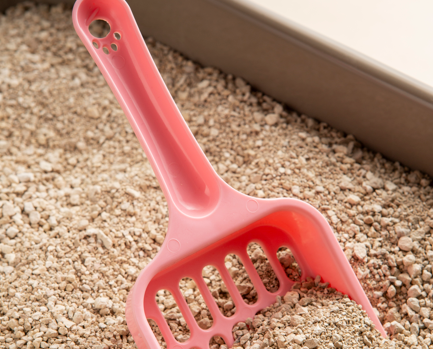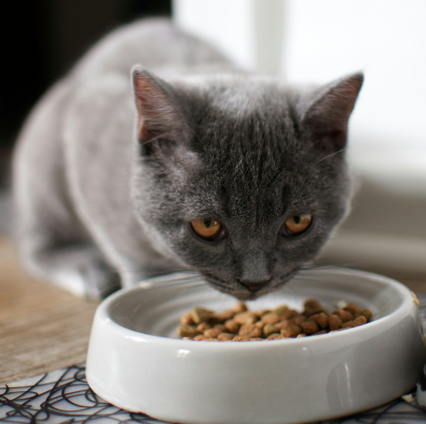|
A clean and well-maintained litter box is essential for your cat’s health and happiness, as well as your home’s cleanliness. Here are 10 tips to ensure you’re providing the best litter box environment for your cat. |
1. Choose the Right Litter Box
The size and type of litter box matter. Opt for a box that is large enough for your cat to move comfortably, especially for larger breeds. High-sided or covered boxes can help contain messes, but ensure they’re not too confining for your cat.
2. Pick the Right Location
Place the litter box in a quiet, easily accessible area. Avoid noisy or high-traffic spots, as cats prefer privacy. If you have multiple floors, consider having a litter box on each level to prevent accidents.
3. Use the Best Litter for Your Cat
Cats can be particular about their litter. Unscented, clumping litter is generally a safe choice as it mimics natural textures and is easy to clean. If you’re trying a new type, introduce it gradually to avoid stressing your cat.
4. Scoop Daily
Scoop the litter box at least once a day to keep it clean and odor-free. Cats are less likely to use a dirty litter box, which can lead to accidents or behavioral issues.
5. Clean the Box Regularly
Empty and thoroughly clean the litter box with warm water and mild soap at least once a month. Avoid harsh chemicals that could leave strong scents or residues that cats dislike.
6. Use the Right Amount of Litter
Fill the box with 2-3 inches of litter. Too little may not allow for proper digging and covering, while too much can make cleaning difficult. Adjust based on your cat’s preferences.
7. Keep It Odor-Free
In addition to regular cleaning, consider using a litter deodorizer or baking soda to control odors. Ensure proper ventilation in the litter box area to maintain a fresh-smelling space.
8. Provide One Box Per Cat
If you have multiple cats, ensure each has their own litter box, plus one extra. Sharing boxes can lead to territorial disputes and discourage use. The general rule is one box per cat, plus one additional box.
9. Address Litter Box Aversion
If your cat avoids the litter box, consider possible causes such as cleanliness, location, or type of litter. Medical issues can also be a factor, so consult your vet if problems persist.
10. Monitor Your Cat’s Health
Pay attention to your cat’s litter box habits, as changes can indicate health issues. Increased frequency, straining, or unusual waste should be discussed with your veterinarian promptly.
Conclusion
A clean and well-maintained litter box is key to a happy, healthy cat and a fresh-smelling home. By following these tips, you can ensure your feline friend always has a comfortable and inviting place to do their business.
Sources
PetMD: Litter Box Problems and Solutions
VCA Animal Hospitals: Litter Box Management
The Spruce Pets: How to Care for a Cat Litter Box




